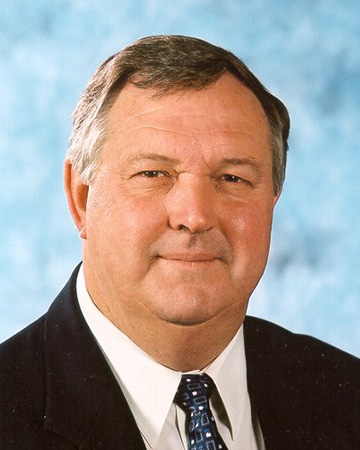Search for new pasture legumes to combat dryland salinity
22/7/02
The Department of Agriculture is looking to the Azores Islands in the mid-Atlantic to find new ways to combat dryland salinity.
A Department researcher will join with another researcher from New South Wales Agriculture and a local pasture scientist in the Azores to collect germplasm for the development of new pasture legumes suited for southern Australia.
Researcher Richard Snowball will leave for the Azores on July 27 and will return to Perth in mid-August. Germplasm collected during the mission will be returned to Australia for the development of plants from priority species.
Agriculture Minister Kim Chance said the relative isolation of the Azores Islands and the great diversity of its physical environment were likely to provide a unique and valuable genetic source for the development of pasture legumes.
"Dryland salinity is the number one environmental issue facing agriculture in Western Australia and the use of perennial pastures in farming systems is essential to help provide solutions," Mr Chance said.
"Hydrologists predict that more than 30 per cent of the landscape could be adversely affected if existing farming systems are not largely replaced with new farming systems that include perennials."
Mr Chance said phase farming with herbaceous perennial legumes like lucerne was an emerging system that both reduced salinity and was profitable for the farmer.
"However, lucerne is poorly suited to both strongly acid and moderately waterlogged soils that are present across our grain belt and reliance on a single species is ecologically unstable," he said.
"This research trip to the Azores is very significant because we need to develop a suite of other herbaceous perennial pasture plants better suited to the soils and climate of south-western Australia.
"The type of legumes that grow on the Azores indicate that the soils are likely to be acid, while the variable conditions on the islands offer a significant opportunity to source germplasm that is adapted to a wide range of climatic conditions."
Mr Chance said the Azores mission followed the recent collection of germplasm from Tukmenistan in an international project co-ordinated by Associate Professor John Howieson, the director of the Centre of Rhizobium Studies at Murdoch University.
Rhizobium (root like stems) collected from the Azores will be provided to the centre for further development work.
The collection from the Azores has been supported with funding from the Grains Research and Development Corporation and will support research at the Cooperative Research Centre for Plant based Management of Dryland Salinity.
The Department of Agriculture is a major partner in the centre.
Minister's office: 9213 6700



